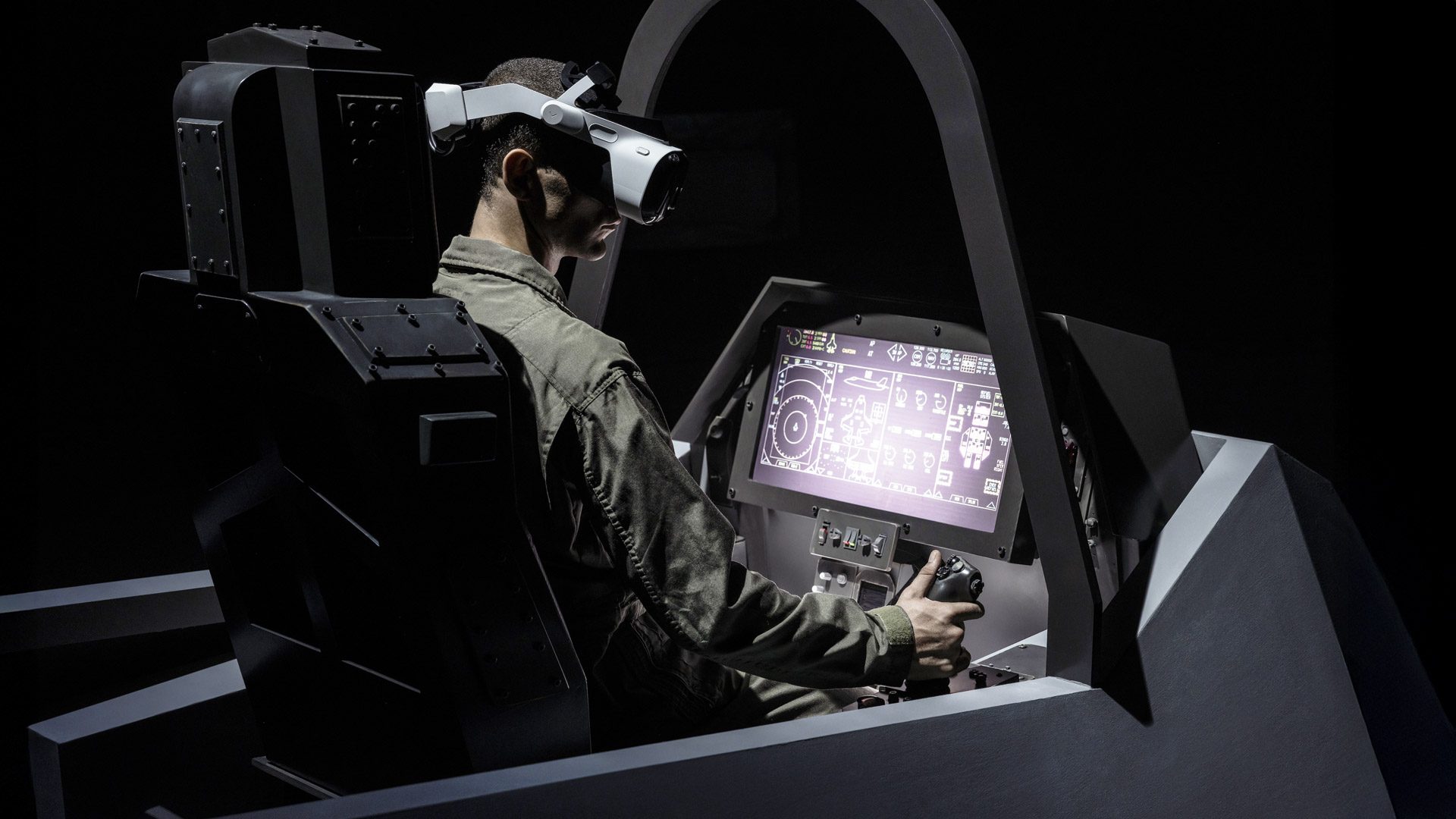Five years can go by in the blink of an eye, especially in the fast-paced world of VR gaming. Half-Life: Alyx, Valve’s groundbreaking VR title, is already celebrating its fifth anniversary. Despite the quiet, almost whisper-like presence in the industry, Valve has been instrumental in shaping the VR landscape, though without the usual noise and fanfare. They’ve ensured regular updates to SteamVR, integrated support for standalone headsets like the Quest, and dropped hints about new hardware and games on the horizon. As the anniversary of Alyx passes, one question is on everyone’s lips: is Valve still fully invested in VR, or are they slowly fading into the background of the field they once championed? Let’s dive into the latest developments.
It feels surreal, doesn’t it? One pandemic later, and Half-Life: Alyx hits the big five. Time seemed to warp during those early lockdown days. March 2020 saw the release of Alyx—a significant month as the States initiated stay-at-home orders to combat COVID-19. Businesses everywhere scrambled to adapt to the new normal, and Valve Software wasn’t exempt from this chaos. They narrowly avoided a significant disruption to Alyx’s launch, missing only a predicted delay thanks to perfectly timed adjustments. The pandemic did, however, lead to the cancellation of the sole press preview for the game.
Half-Life: Alyx wasn’t just another entry into the franchise; it was hailed far and wide as possibly the best VR experience to date and perhaps among the best in gaming history. To this day, it proudly holds the 24th spot on Steam250’s top-rated game list.
Valve’s contributions have gone beyond releasing a stellar game. The company carved a niche with the "Index" VR headset, setting a gold standard for PC VR. Steam’s extensive VR support turned it into the backbone of the PC VR world during the last half-decade.
In laying the VR foundation, Valve has remained curiously tight-lipped about future VR endeavors. There’s a conspicuous absence of flashy announcements regarding new games or headsets, leading one to wonder: what is Valve’s next move in VR, if any?
Where is Valve Heading with VR?
Take a glance at SteamVR, and you’ll see a vigorous heartbeat in the platform’s evolution. Steady, meaningful updates continue to pour in, ensuring its status as a crucial player in the PC VR arena. A surprise move in 2023 saw Valve introducing the Steam Link app for Quest headsets, making wireless play from PC to headset easier than ever before.
Valve seems far from done with Steam Link. Digging into some recent data reveals they’re gearing up to extend its functionality to new devices, such as HTC’s Vive Focus and Pico headsets, hinting at a broader vision for wireless VR.
Moreover, whispers of a “SteamVR Link Dongle” suggest Valve is crafting something big. Conceptualized as a device to enhance wireless connectivity between PC and headset, this could mitigate common router-based issues like stuttering, ensuring a premium VR experience. If designed as speculated, this dongle would enable a direct, seamless connection, possibly utilizing Wi-Fi 6E for optimal performance.
However, it remains to be seen whether it would cater to third-party headsets or act as a companion to Valve’s rumored ‘Deckard’ headset.
Speculation on Valve’s Next VR Device
Since debuting their Index headset in 2019, Valve’s been dropping crumbs hinting at their next VR venture. From patents envisioning standalone ergonomic headsets to leaked data, the clues point toward ongoing developments, albeit at Valve’s notoriously relaxed pace.
Recent data uncovered a never-before-seen 3D model of VR controllers within SteamVR files, believed to be tailored for the forthcoming Valve headset. These additions reinvigorate hope and speculation, suggesting both VR and flatscreen gaming integration.
Rumors about the ‘Deckard’ headset (possibly surfacing as ‘Index 2’) portray it as a standalone system focused on streaming from a SteamVR-running host PC, much like using a Quest headset with Steam Link today. Notably, the Deckard controllers, equipped with a D-pad and traditional face buttons, might streamline the transition between VR and flatscreen experiences, offering a unified interactive device.
Adding further intrigue are leaks forecasting a 2025 launch for this next-gen headset, priced at $1,200. While unverified, hints from seasoned dataminer Brad Lynch on the ‘Deckard EV2’—a term indicating a significant prototype phase—sparks anticipation, with some suggesting a reveal could happen this year.
Speculating on Valve’s Next VR Game
Half-Life: Alyx entered the scene in early 2020 to critical acclaim. However, questions linger about whether Valve deemed its sales returns satisfactory against the colossal effort invested. Whether or not they’ll venture into another similarly ambitious VR title still hangs in the air.
Yet, speculation from industry insiders suggests that Valve could release a series of games or demos for Deckard that are seemingly ready to roll out. Coupled with insights from Tyler McVicker, a well-known Valve analyst, there’s talk of a new VR game in the works, potentially part of the iconic Half-Life franchise.
McVicker has shared inklings about a possible asymmetric co-op game featuring both VR and flatscreen components. Players could switch between Gordon Freeman on PC and Alyx Vance in VR, blending their stories into one symbiotic experience.
The mere idea raises thoughts about Valve uniting its latest devices—the Steam Deck and Deckard—for an immersive synergy. It’s all speculation for now, as Valve remains reticent on confirming or denying these endeavors. When approached for an official word on their VR future, the response was predictably diplomatic, noting their joy in seeing player-generated content but offering nothing concrete.
Understanding Valve’s Unique Approach
What distinguishes Valve in this industry is its unconventional flat management style, empowering employees with unprecedented autonomy. Staff members choose their projects, rally support, and work towards milestones they truly believe in. This internal ecosystem fosters creativity, allowing Valve to consistently outperform its size.
While new releases aren’t frequent, the consistent updates to SteamVR and the ever-present whispers of what’s being crafted behind closed doors suggest there’s passionate belief within Valve to keep advancing VR technology. Whether their next big step is just around the corner or further off, the commitment to VR feels like an ongoing journey, rather than a distant memory.













































